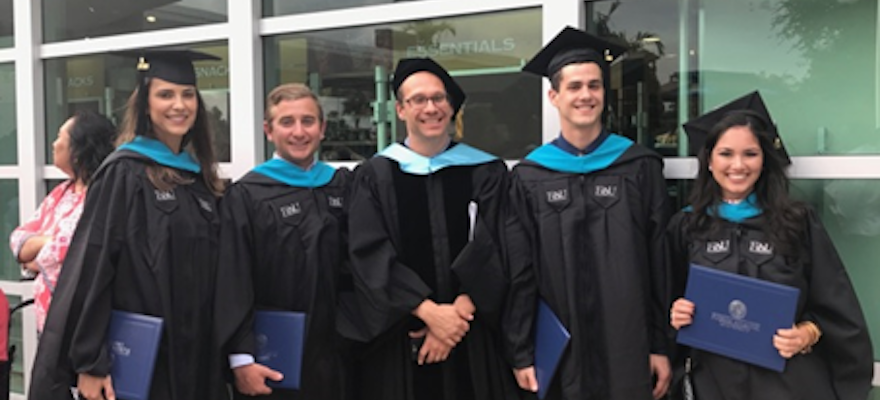
A study released by FAU’s Center for Urban and Environmental Solutions (CUES) found that the vast majority of counties in the Florida Panhandle were less prepared for emergency evacuation compared to the rest of the state....

A study released by FAU’s Center for Urban and Environmental Solutions (CUES) found that the vast majority of counties in the Florida Panhandle were less prepared for emergency evacuation compared to the rest of the state....
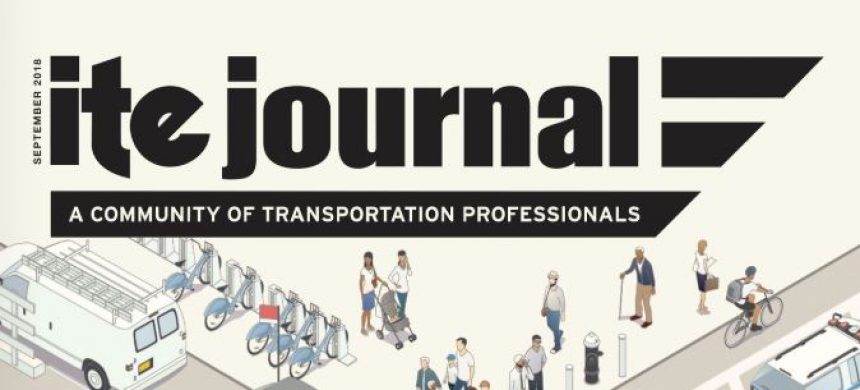
The decline of state and federal transportation funding led to increased reliance on private sector partners to finance and construct new capital infrastructure.
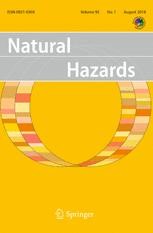
Large-scale damage to the power infrastructure from hurricanes and high-wind events can have devastating ripple effects on infrastructure, the broader economy, households, communities, and regions.
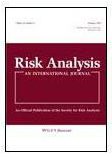
There is a growing understanding that cross‐sector risks faced by critical infrastructure assets in natural disasters require a collaborative foresight from multiple disciplines.

Is the fear of the negative economic effects of traffic congestion justified, or is congestion merely a nuisance with little economic impact?
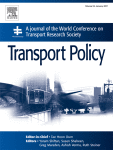
We spend billions of dollars on new roadways, but are they making our transportation system work more efficiently?
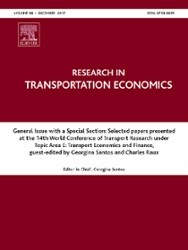
In the new Research in Transportation Economics article, Dr. Louis A. Merlin examines whether people who move to the intown infill development of Atlantic Station next to Midtown Atlanta travel differently than if they lived...

Steve Bourassa, Director of the School of Urban and Regional Planning, co-authored an article titled “U.S. Metropolitan House Price Dynamics” in the May 2018 issue of the Journal of Urban Economics.
